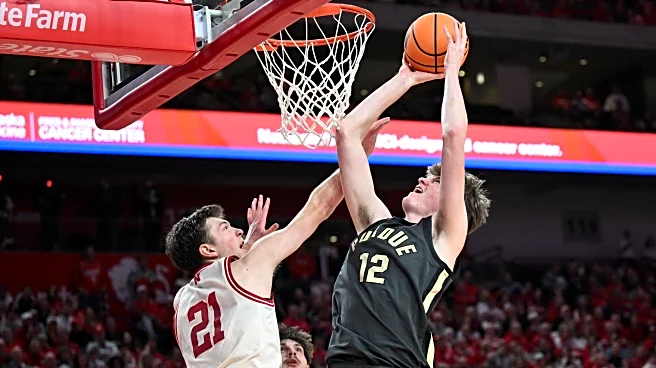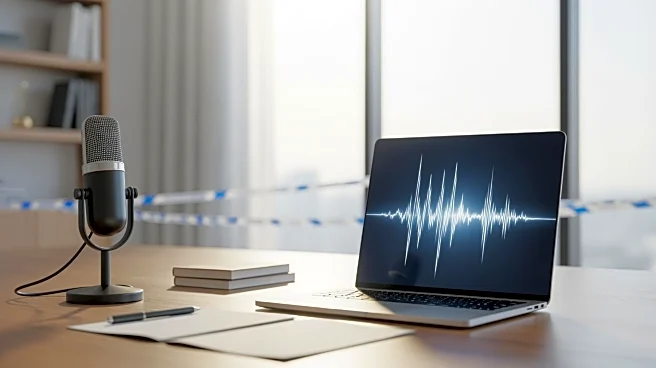By Marcelo Teixeira
NEW YORK (Reuters) -The Trump administration's steep import tariff on Brazilian coffee looks set to reshuffle trade routes for beans from the world's top grower and exporter, benefiting
China and incentivizing traders to look for indirect routes into the U.S.
A 50% tariff on some Brazilian products, including coffee, will begin on August 6, the administration of U.S. President Donald Trump said on Wednesday. The move will challenge commodities traders and Brazilian coffee exporters to find buyers for the roughly 8 million bags sold to U.S. coffee processors every year.
At around 25 million bags per year, the U.S. is the world's largest coffee consumer. A third of that comes from Brazil, through bilateral trade that was worth $4.4 billion in the 12 months ended in June.
"The global coffee trade flow will be reshuffled. The pain will be felt from Sao Paulo to Seattle - from origin to roaster, to cafe chains, grocers, and morning commuters," said Michael J. Nugent, a senior U.S. coffee broker and owner of MJ Nugent & Co.
The possible rerouting of the massive volume Brazil usually sends to the U.S., similar to the entire production of high-quality coffee grower Ethiopia, could benefit a major Trump rival: China.
More Brazilian beans may be bound for China because of trade ties between the two nations, both members of the BRICS group, and after the first Trump administration disrupted trade, said Marc Schonland, an independent advisor to the U.S. coffee industry.
Coffee consumption is surging in China as young professionals drop tea to seek a higher caffeine boost. Brazil is its main supplier, exporting 538,000 bags to China in the first half of 2025, data from exporters association Cecafe showed.
Coffee consumption has grown around 20% per year for the last 10 years in China and per capita coffee consumption doubled in the last 5 years, according to industry data.
More Brazilian beans could also head to the European Union, where they face no tariffs, said Logan Allender, head of coffee at U.S. roaster and distributor Atlas Coffee Club.
Trade experts see possibilities for exporters to try to dodge the tariffs by exporting Brazilian coffee to other countries, and from there to the U.S.
"It will add a bit of logistics costs, but brings down the (tariff) effect to a max 10% to 15%," said Debajyoti Bhattacharyya, commercial vice president at agricultural commodities firm AFEX Ltd., adding that countries such as Mexico or Panama could be used for the stopovers.
"Without a strong traceable supply chain, tariffs are meaningless. I mean, we can't stop oil from flowing, why would coffee?" he said.
Senior soft commodities analyst and independent consultant Judith Ganes said the fact the U.S. left coffee out of an extensive exemption list of Brazilian products suggests Trump is using the product as a bargaining chip in his political quarrel with Brazil's President Luiz Inacio Lula da Silva.
Trump has said Brazil's Supreme Court is treating his ally, former Brazilian President Jair Bolsonaro, unfairly. The U.S. sanctioned Supreme Court justice Alexandre de Moraes on Wednesday.
Traders said coffee that is loaded in Brazil by August 6 can enter the U.S. without paying the tariff up until October 6.
William Kapos, CEO at Downeast Coffee Roasters, a large coffee processor in the U.S. East Coast, said he is rushing to ship Brazilian coffee he has already purchased out of South America before that deadline next week.
Going forward, Kapos said he will look to buy coffee from Central America and Africa to replace Brazilian beans.
"But everybody will do that, so price-wise it is going to be a squeeze on U.S. buyers," he said.
(Reporting by Marcelo Teixeira. Editing by Emily Schmall and Nia Williams)












